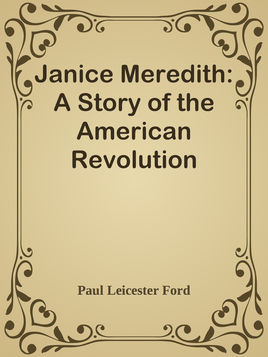
- Browse Category
Subjects
 We Begin at the EndLearn More
We Begin at the EndLearn More - Choice Picks
- Top 100 Free Books
- Blog
- Recently Added
- Submit your eBook
password reset instructions

James McPherson has emerged as one of America's finest historians. Battle Cry of Freedom, his Pulitzer Prize-winning account of the Civil War, was a national bestseller that Hugh Brogan, in The New York Times Book Review, called "history writing of the highest order." In that volume, McPherson gathered in the broad sweep of events, the political, social, and cultural forces at work during the Civil War era. Now, in Abraham Lincoln and the Second American Revolution, he offers a series of thoughtful and engaging essays on aspects of Lincoln and the war that have rarely been discussed in depth. McPherson again displays his keen insight and sterling prose as he examines several critical themes in American history. He looks closely at the President's role as Commander-in-Chief of the Union forces, showing how Lincoln forged a national military strategy for victory. He explores the importance of Lincoln's great rhetorical skills, uncovering how--through parables and figurative language--he was uniquely able to communicate both the purpose of the war and a new meaning of liberty to the people of the North. In another section, McPherson examines the Civil War as a Second American Revolution, describing how the Republican Congress elected in 1860 passed an astonishing blitz of new laws (rivaling the first hundred days of the New Deal), and how the war not only destroyed the social structure of the old South, but radically altered the balance of power in America, ending 70 years of Southern power in the national government. The Civil War was the single most transforming and defining experience in American history, and Abraham Lincoln remains the most important figure in the pantheon of our mythology. These graceful essays, written by one of America's leading historians, offer fresh and unusual perspectives on both.
Less- Publication date
- Language
- ISBN
- June 4, 1992
- eng
- 9780199762705








.jpg)





















.jpg)